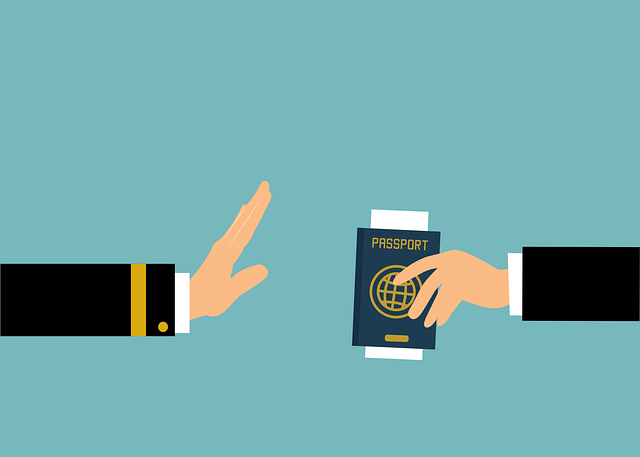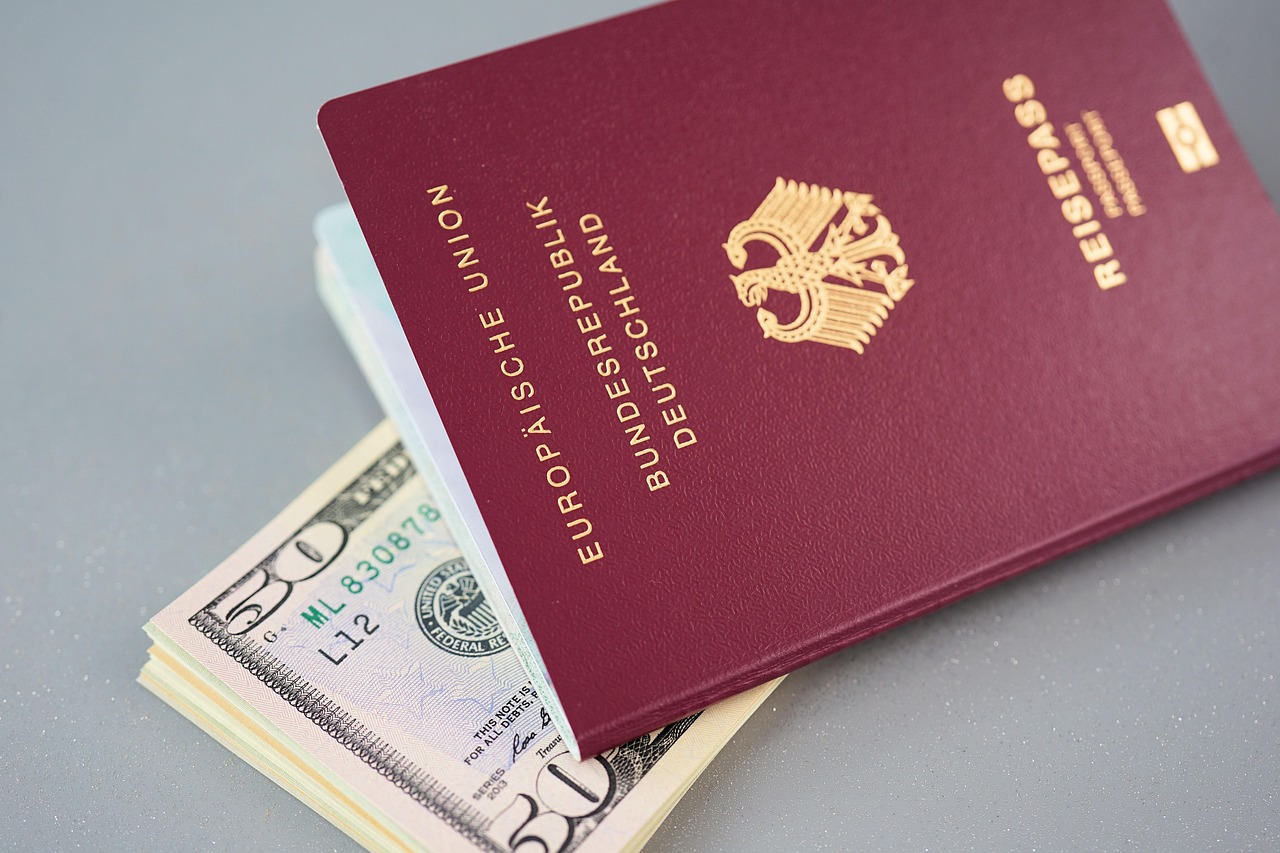Common Reasons for Citizenship Denial

Obtaining citizenship in a new country is a significant milestone that offers numerous benefits, including the right to vote, work, and live permanently in that country. However, the process of acquiring citizenship is often rigorous and complex, with strict eligibility criteria that must be met. Even if you meet the basic requirements, there are several reasons why your citizenship application might be denied. Understanding these common reasons can help you avoid pitfalls and improve your chances of success. This guide outlines the most frequent grounds for citizenship denial and provides tips to address them.
1. Failure to Meet Residency Requirements
Reason:
Most countries require applicants to have lived in the country for a specific period (e.g., 5 years) before applying for citizenship. This is known as the residency requirement.
How to Avoid:
- Ensure you meet the minimum residency period.
- Avoid long absences from the country during the required period.
- Keep detailed records of your time in the country, such as utility bills, rental agreements, or employment records.
2. Criminal Record
Reason:
A criminal record, especially for serious offenses, can lead to citizenship denial. Countries prioritize public safety and may reject applicants with a history of criminal activity.
How to Avoid:
- Avoid any criminal activity during your time in the country.
- If you have a minor offense, consult an immigration lawyer to determine if it will affect your application.
- Provide evidence of rehabilitation, such as character references or proof of community service.
3. Insufficient Financial Stability
Reason:
Many countries require applicants to demonstrate financial stability to ensure they can support themselves without relying on public assistance.
How to Avoid:
- Maintain stable employment or a reliable source of income.
- Provide bank statements, tax returns, or employment contracts as proof of financial stability.
- Avoid applying for public benefits unless absolutely necessary.
4. Failure to Pass Language or Civics Tests
Reason:
Most countries require applicants to demonstrate proficiency in the national language and knowledge of the country’s history, government, and culture.
How to Avoid:
- Enroll in language classes to improve your proficiency.
- Study the country’s history, government structure, and cultural norms.
- Take practice tests to prepare for the citizenship exam.
5. Incomplete or Incorrect Application
Reason:
Errors, omissions, or inconsistencies in your application can lead to denial. This includes missing documents, incorrect information, or failure to follow instructions.
How to Avoid:
- Carefully review the application requirements and instructions.
- Double-check all information for accuracy and completeness.
- Seek assistance from an immigration lawyer or consultant if needed.
6. Fraud or Misrepresentation
Reason:
Providing false information or fraudulent documents is a serious offense that can result in immediate denial and potential legal consequences.
How to Avoid:
- Be honest and transparent in your application.
- Ensure all documents are genuine and accurately reflect your situation.
- Disclose any past issues, such as visa overstays or deportations, and provide explanations if necessary.
7. Failure to Pay Taxes
Reason:
Many countries require applicants to be up-to-date on their tax obligations. Unpaid taxes or discrepancies in tax filings can lead to denial.
How to Avoid:
- File your taxes on time and pay any owed amounts.
- Keep records of your tax filings and payments.
- Resolve any tax disputes before applying for citizenship.
8. Security Concerns
Reason:
Applicants with suspected ties to terrorism, espionage, or other security threats may be denied citizenship.
How to Avoid:
- Avoid any activities or associations that could raise security concerns.
- Be transparent about your background and provide any requested documentation.
9. Health Issues
Reason:
Some countries may deny citizenship to applicants with certain health conditions, particularly if they pose a public health risk or could burden the healthcare system.
How to Avoid:
- Undergo required medical examinations and provide all necessary health records.
- If you have a health condition, consult an immigration lawyer to understand how it may affect your application.
10. Dual Citizenship Restrictions
Reason:
Some countries do not allow dual citizenship, meaning you may be required to renounce your original citizenship to become a citizen of the new country.
How to Avoid:
- Check the dual citizenship policies of both your home country and the country where you are applying.
- Be prepared to renounce your original citizenship if required.
11. Failure to Demonstrate Integration
Reason:
Many countries require applicants to demonstrate integration into society, such as participation in community activities or adherence to cultural norms.
How to Avoid:
- Engage in community activities, volunteer work, or cultural events.
- Learn the national language and familiarize yourself with local customs and traditions.
12. Previous Visa or Immigration Violations
Reason:
A history of visa overstays, illegal entry, or deportation can lead to citizenship denial.
How to Avoid:
- Comply with all visa and immigration regulations during your stay.
- If you have past violations, consult an immigration lawyer to determine if they can be resolved or explained.
13. Political or Military Concerns
Reason:
Applicants with ties to foreign military or political organizations may be denied citizenship, especially if those ties are seen as conflicting with the country’s interests.
How to Avoid:
- Disclose any past military or political affiliations.
- Provide context or documentation to address any concerns.
14. Tips for a Successful Citizenship Application
- Start Early: Begin preparing your application well in advance to address any potential issues.
- Seek Professional Help: Consult an immigration lawyer or consultant to ensure your application is complete and accurate.
- Stay Informed: Keep up-to-date with changes in citizenship laws and requirements.
- Be Patient: The citizenship process can be lengthy, so be prepared for delays and follow up as needed.




